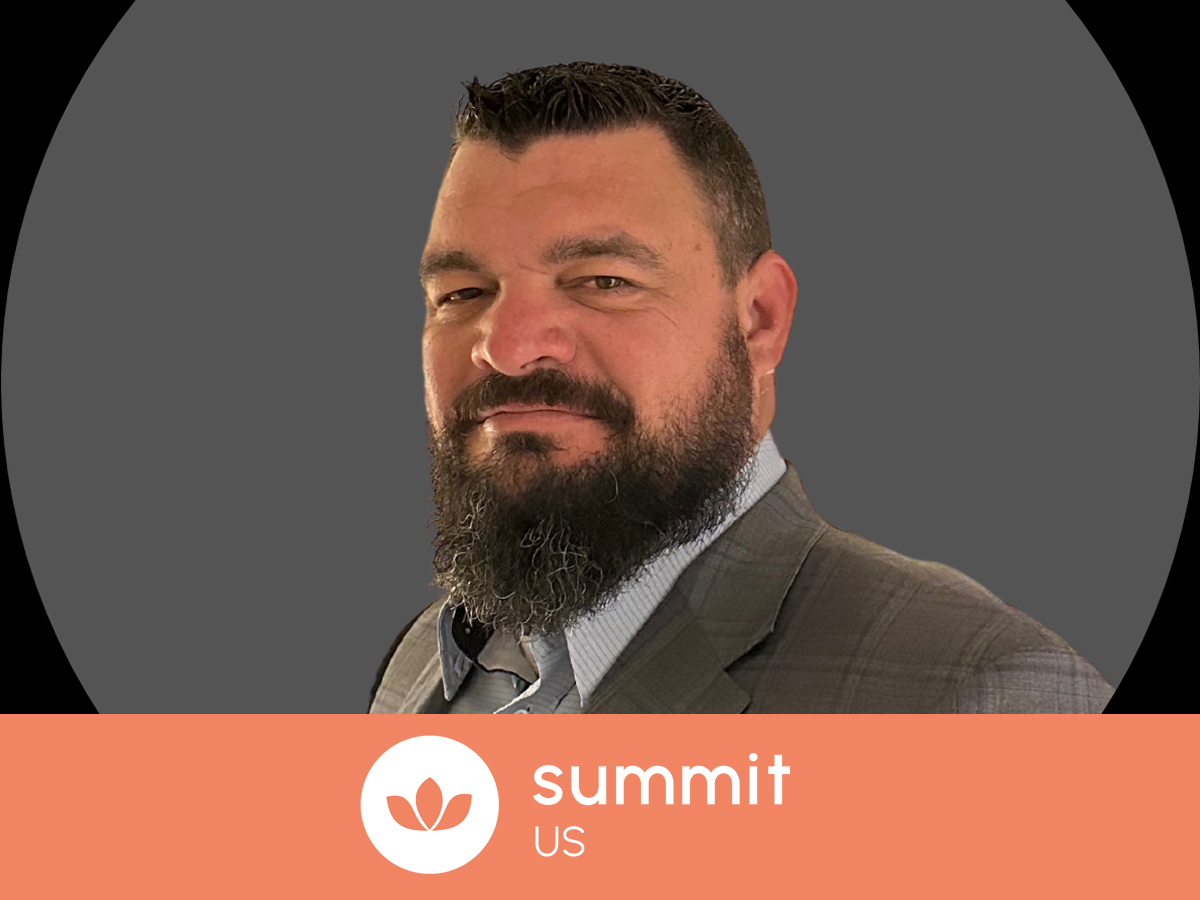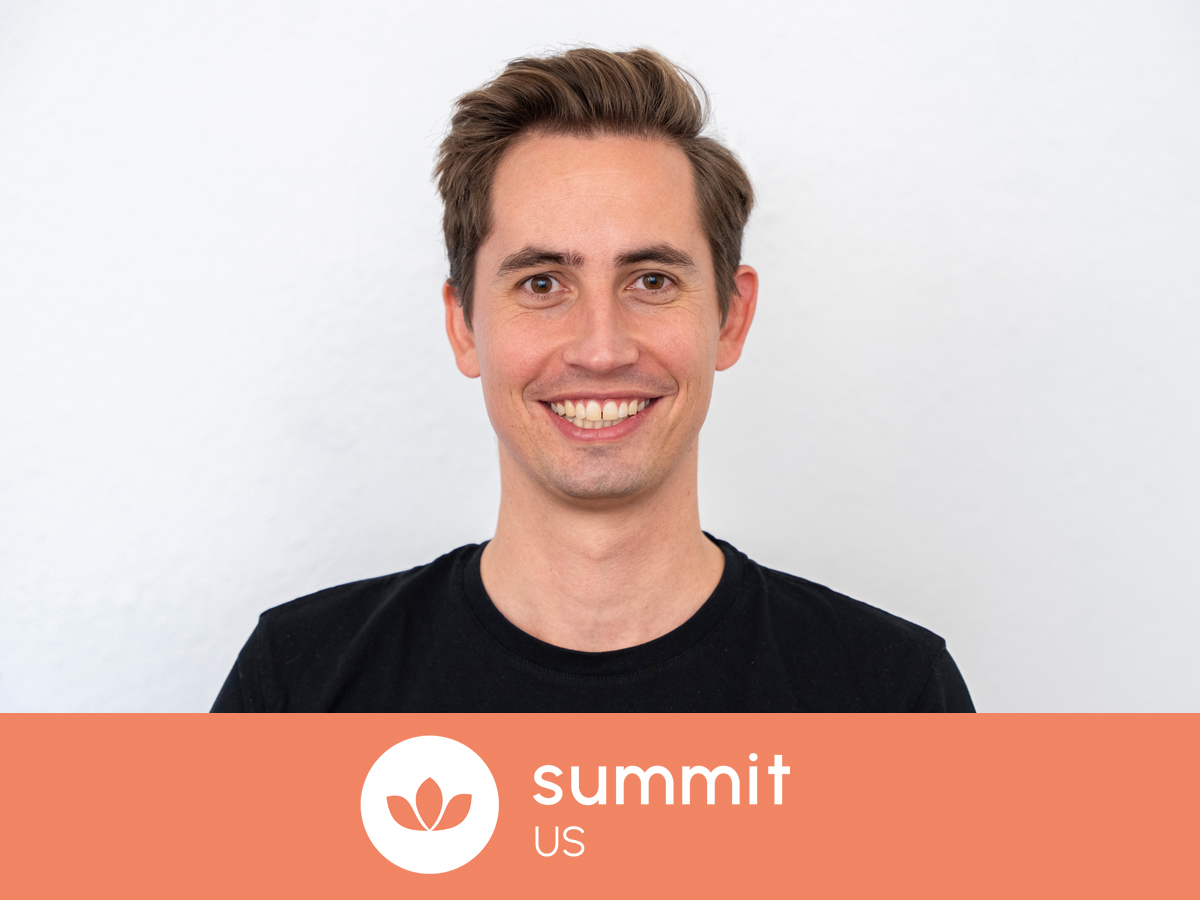
Tonie brings over 10 years of experience from the public and private sectors where she worked with both businesses and historically marginalized communities to develop and implement inclusive workplace solutions. As the lead for auticon’s Neuroinclusion Services, Tonie has worked with businesses across Canada to build organizational and leadership capacity for neuroinclusion through training programs, cultural and environmental assessments, and individualized advisory support. Tonie’s background in adult education, as well as her lived experience as a neurodivergent and racialized woman, drive her passion for accessibility and inclusion.
We are delighted that Tonie will be speaking in Calgary as part of our Canada Summit this year. We caught up with her to find out how she’s feeling in the runup to the event.
Hi Tonie, we are thrilled that you will be speaking at the Wellbeing at Work Summit Canada in October. Our first and most important question is, how are you doing today?
I’m doing great, thank you! Excited to attend and speak at my first Wellbeing at Work summit.
As a leader based in the region, what are the main challenges you are facing when it comes to employee wellbeing and mental health?
At auticon, we specifically work with autistic professionals and see autistic burnout as the main challenge to employee wellbeing. This is typically the result of cumulative stress of masking autistic traits, navigating sensory overload and a lack of support and recovery time.
What strategies have you seen developing over the past 6 months, both internally and externally, that are moving the dial on wellbeing in the workplace?
An increased awareness of neurodiversity in the workplace and an increasing acceptance of neurodivergent ways of working and communicating is certainly moving the dial towards wellbeing in the workplace. This includes the continued support for hybrid and remote work as well flexibility being built into roles and responsibilities.
Why is employee wellbeing so important to you personally?
As a neurodivergent and racialized professional, the issue of employee wellbeing is deeply personal. If I have the flexibility and support to manage my wellbeing, I am a more innovative, committed and effective employee. I know this to be true for most people, and especially true for neurodivergent folks who are often navigating unique and compounding challenges. Everyone should have the opportunity to contribute and participate in the workplace in a meaningful way, and that often requires us to be well and supported.
What impact is AI having in your organization and how are you managing that?
Overall, AI has had a positive impact on our organization and for our colleagues. AI, when used critically and intentionally, can be leveraged as an assistive technology tool for many neurodivergent people. We are also consistently reviewing and discussing the barriers and biases created (or amplified) through the use of AI in recruitment practices, for example.
What areas do you think employers should be focused on over the next 12 months?
Employers should consider how a universal design approach can enhance wellbeing for all employees. This approach creates more inclusive, flexible workplace environments that ultimately reduce stress, improves accessibility and supports the wellbeing and productivity of all employees – not just employees with differing or unique needs.
How has your organization been leading the way?
We believe we are proof that autistic and neurodivergent professionals can have fulfilling and sustainable careers, while also being their authentic selves. We have taken a universal design approach to ensure that all employees, irrespective of their neurodivergence or unique circumstances, are given the flexibility and support to thrive at work.
Tonie will be speaking in Calgary at the Wellbeing at Work Summit Canada.
Our Toronto Summit takes place on October 21, 2025. Visit our Toronto webpage for further details and to book your tickets.
Our Calgary Summit takes place on October 23, 2025. To find out more about our Calgary Summit and book your tickets please visit our Calgary webpage.



